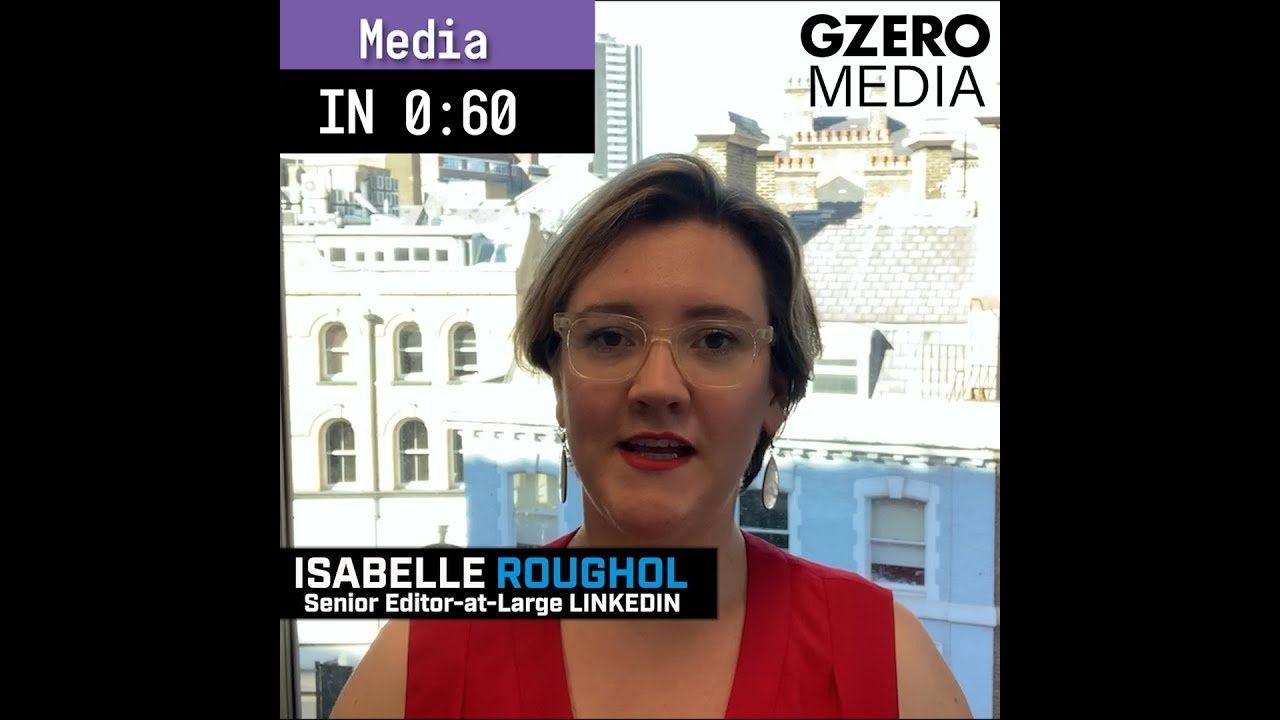In 60 Seconds
Is Australia becoming more hostile to journalists?

Is Australia becoming more hostile to journalists?

Is Australia becoming more hostile to journalists?
Yes. There were two raids this week against ABC and against a journalist's home related to stories published from leaked government documents. Now it's legitimate to investigate a leak. It's usually done on the leak side, not on the journalist's side. It just seemed a massive overreaction in the method. And we've seen similar raids in France this spring in Northern Ireland. I find it concerning that this is coming from liberal democracies and what we're seeing is that as the public discourse against journalists gets more and more hostile the Overton window of what is acceptable behavior from democracies on the press is just shifting further and further away from freedom of the press. I find that concerning.
Should the New York Times allow its reported on opinionated cable shows?
So not according to their leadership. They pulled a reporter from The Rachel Maddow Show this past weekend because they consider it to be too far on the left. Now I appreciate and sympathize with The New York Times desire to maintain their reputation. It just seems in several recent decisions that they think they're in a gentlemen's war with reasonable people - lined up on the field when everyone else is fighting a guerrilla war. So it's honorable but in the end you lose. So I think you know put your reporters on every show that will have them as long as they don't edit your words out of context and then just trust your reporters to share the facts and be truthful.Is China’s economic model reaching a breaking point? In GZERO’s 2026 Top Risks livestream, Cliff Kupchan, Chairman of Global Macro at Eurasia Group, highlights mounting pressures on the Chinese economy.
2026 is a tipping point year. The biggest source of global instability won’t be China, Russia, Iran, or the ~60 conflicts burning across the planet – the most since World War II. It will be the United States.
While surgeons remain fully in control, technological advances are expanding the use of surgical robots in operating rooms. As adoption accelerates, so do the expectations for patient outcomes and surgical care. Track medical innovation trends with Bank of America Institute.
Europe enters 2026 under mounting strain as it confronts external threats, internal political pressures, and a weakening relationship with the United States. In GZERO’s 2026 Top Risks livestream, Mujtaba Rahman, Managing Director for Europe at Eurasia Group, describes a continent that is “exhausted, fatigued, weak, and vulnerable.”